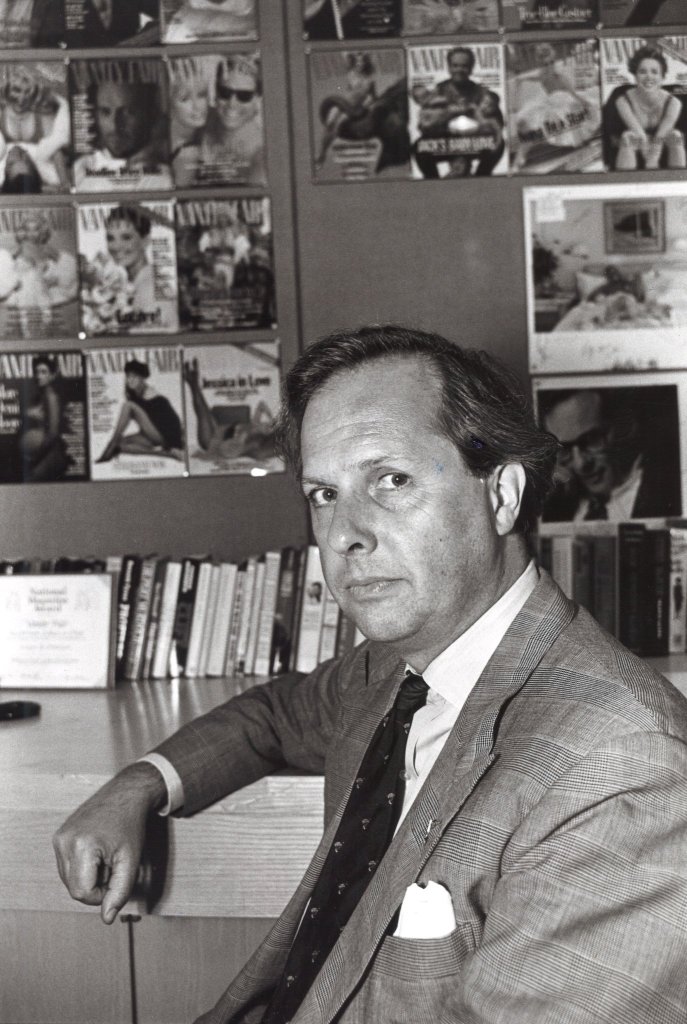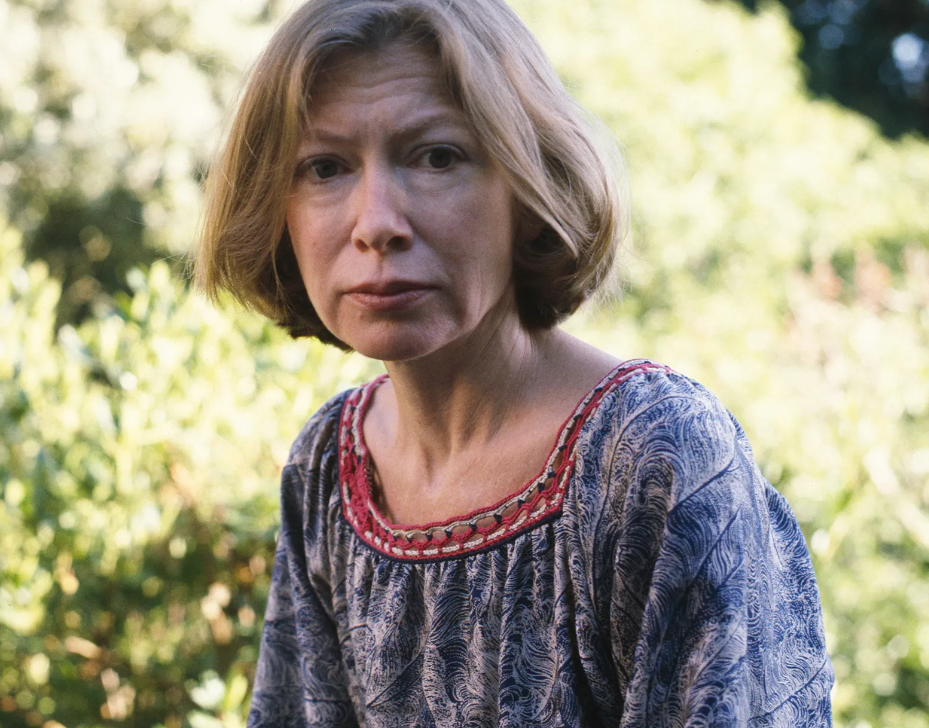
LORELAI: Well, welcome to the Independence Inn. There will be a complimentary cask of amontillado on the table in your room, and if you’re expecting your friends Doctor Tarr and Professor Fether, I’ll send up another one.
Lorelai references two other short stories by Poe here:
“The Cask of Amontillado” is set in an unnamed Italian city at carnival time, and is about a man taking revenge on a friend who, he believes, has insulted him. Like several of Poe’s stories, and in keeping with the 19th-century fascination with the subject, the narrative follows a person being buried alive – in this case, by trapping him in the family vaults, which serve as catacombs. As in “The Tell-Tale Heart”, Poe conveys the story from the murderer’s perspective. The story was first published in Godey’s Lady’s Book in 1846.
“The System of Doctor Tarr and Professor Fether” is a dark comedy short story which centres on a naïve and unnamed narrator’s visit to a mental asylum in the southern provinces of France, where staff and patients have exchanged roles. It was first published in Graham’s Magazine in November 1845.








